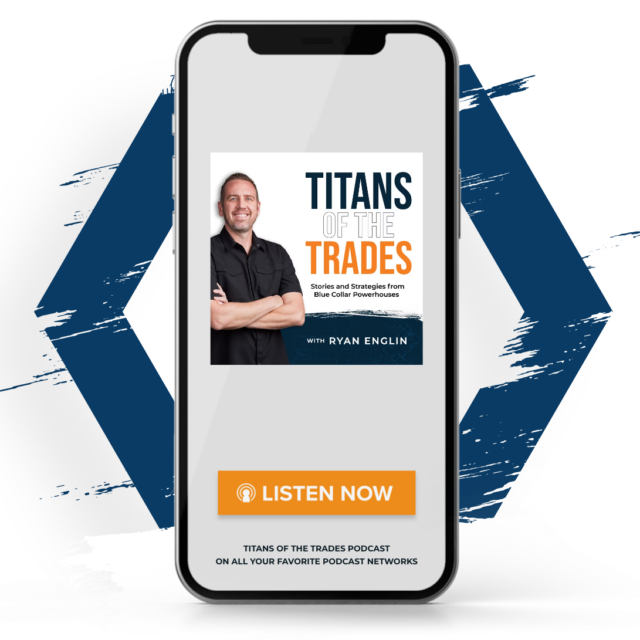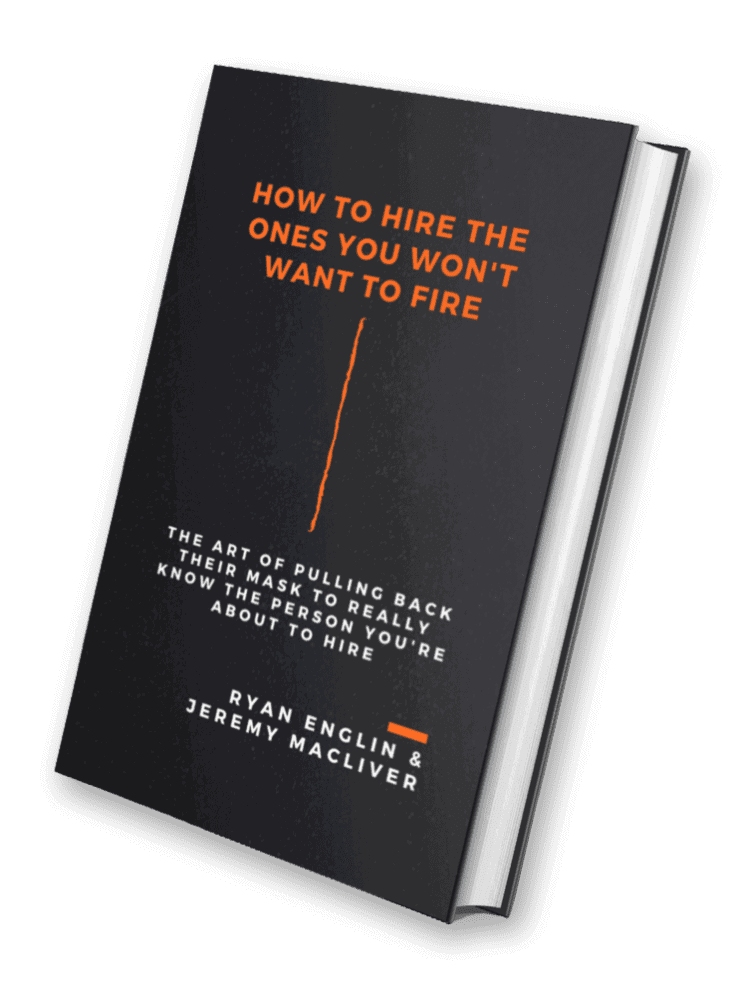Featured Podcast
Welcome to Titans of the Trades
Welcome to the Titans of the Trades, THE podcast where I interview blue collar leaders that have climbed to the mountain top and are ready to share their stories and…
Listen to InterviewWelcome to Titans of the Trades, THE podcast where I interview blue collar leaders that have climbed to the mountain top and are ready to share their stories and strategies for industry leading success.
Join our community of business leaders and share Titans of the Trades with anyone who could benefit from this content. New episodes drop every week, so make sure to leave a review and hit that subscribe button.

Welcome to the Titans of the Trades, THE podcast where I interview blue collar leaders that have climbed to the mountain top and are ready to share their stories and…
Listen to InterviewNever miss a new episode. Sign up today to be notified as soon as each interview is released.
Transform your business by taking small, manageable steps each day and setting realistic goals.
Learn more about the importance of employer branding and employee referrals in attracting quality candidates.
Embrace technology to generate new customers, improve communication, and streamline operations.
Decide where you are willing to “suck” and focus on your strengths. It's not about perfection, but about embracing the process of building a strong team.
Highlight your team to boost morale, create a positive company image, and increase recruitment opportunities.
Are you a manager or a leader? Discover how embracing leadership builds a strong, positive culture and continuity within a company.
There are plenty of people seeking dynamic companies, but they require intentional recruitment and onboarding.
Gain tips and tools for soft skills development, to create an adaptable workforce that's always improving.
Discover tools available to identify strengths, steering away from traditional weakness-focused thinking.
Learn the secrets to better interviews so you always hire the right people the first time in this comprehensive 66-page eBook that’s a must-read for anyone who hires.
